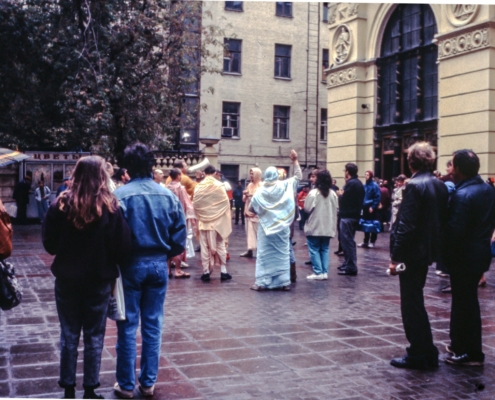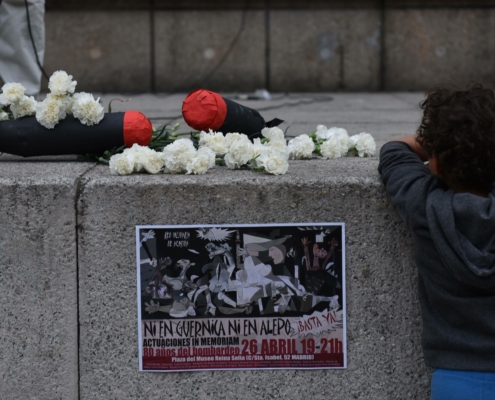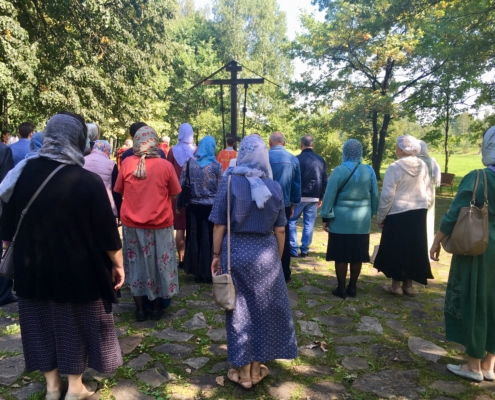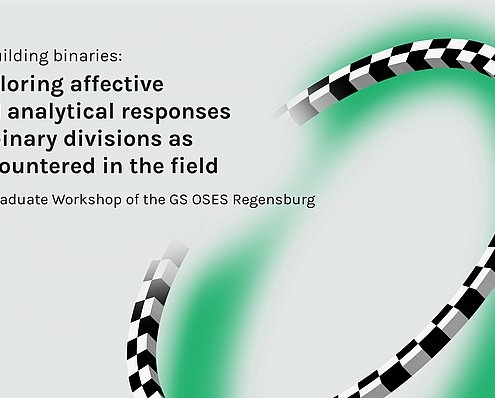 Image courtesy of Katharina Kucher and perestroika.visual-history.de
https://frictions.europeamerica.de/wp-content/uploads/2022/11/Kellner-Hare-Krishnas-1990.jpg
1628
2560
Paul Vickers
https://frictions.europeamerica.de/wp-content/uploads/2020/08/LogoSCREA-RGB_engl-1030x229.png
Paul Vickers2022-11-16 20:51:142024-02-06 17:36:16The Collapse of the Soviet Union and the Mormons
Image courtesy of Katharina Kucher and perestroika.visual-history.de
https://frictions.europeamerica.de/wp-content/uploads/2022/11/Kellner-Hare-Krishnas-1990.jpg
1628
2560
Paul Vickers
https://frictions.europeamerica.de/wp-content/uploads/2020/08/LogoSCREA-RGB_engl-1030x229.png
Paul Vickers2022-11-16 20:51:142024-02-06 17:36:16The Collapse of the Soviet Union and the Mormons Image courtesy of Katharina Kucher and perestroika.visual-history.de
https://frictions.europeamerica.de/wp-content/uploads/2022/11/Kellner-Hare-Krishnas-1990.jpg
1628
2560
Paul Vickers
https://frictions.europeamerica.de/wp-content/uploads/2020/08/LogoSCREA-RGB_engl-1030x229.png
Paul Vickers2022-11-16 20:51:142024-02-06 17:36:16The Collapse of the Soviet Union and the Mormons
Image courtesy of Katharina Kucher and perestroika.visual-history.de
https://frictions.europeamerica.de/wp-content/uploads/2022/11/Kellner-Hare-Krishnas-1990.jpg
1628
2560
Paul Vickers
https://frictions.europeamerica.de/wp-content/uploads/2020/08/LogoSCREA-RGB_engl-1030x229.png
Paul Vickers2022-11-16 20:51:142024-02-06 17:36:16The Collapse of the Soviet Union and the Mormons Julia Dragan/UR
Julia Dragan/UR The Return of Narratives | Conference Report: Crisis Narratives and the Pandemic
What can multiscalar area studies tell us about the impact of the COVID-19 pandemic around the world? Read more in this report
 IMAGO / Pacific Press Agency / Jorge Sanz
IMAGO / Pacific Press Agency / Jorge SanzCommemorating National Martyrdom through Re-Creating the Past: Vukovar, Prijedor, Derry/Londonderry, and Gernika/Guernica
How do performative recreations across European post-conflict societies help antagonistic memories retain a multi-generational appeal? Berkeley doctoral researcher Blaze Joel investigates
 IMAGO / agefotostock
IMAGO / agefotostockTraditionen europäischer Sozialpolitiken und deren Nicht-Berücksichtigung am Ende des Kalten Krieges: Eine Spurensuche entlang von Arbeit und Gender
How were labour and social relations transformed at the end of the Cold War? What did neoliberal models and the effacement of progressive traditions mean for gender relations?
 Leon Wyczółkowski, Public domain, via Wikimedia Commons
Leon Wyczółkowski, Public domain, via Wikimedia CommonsSilent Rebels and the Resurrection of the Polish Nation | Exhibition analysis by Kathleen Wroblewski
Part of the Law and Justice (PiS) government’s soft power agenda, this recent exhibition features artworks that could undermine its efforts to promote a singular, martyrdom-focused politics of history and national identity.
 IMAGO / ZUMA Wire
IMAGO / ZUMA WireTadeusz Kościuszko, Poland-Lithuania and the Age of Atlantic Revolutions
How were efforts to secure US and Polish-Lithuanian independence linked in the Age of Atlantic revolution? And in what ways were attempts to free slaves and emancipate peasants connected? Richard Butterwick-Pawlikowski takes us on a transatlantic journey with Tadeusz Kościuszko at the helm
 Selbi Durdiyeva
Selbi DurdiyevaTheorizing binaries through auto-ethnography, method, and commoning: Reflections from the field
Revisiting her fieldwork at a Russian memorial site, the author offers autoethnographic reflections on moving away from imposing academic authority towards the common production of knowledge alongside subjects
 IMAGO / Pixsell
IMAGO / PixsellStaatlichkeit und das Mantra des Exports im Jugoslawien der 1970er und 1980er Jahre: Wie der Schiffbau zum Kentern eines sozialistischen Staates beitrug
Was haben Schiffe und der Zerfall Jugoslawiens miteinander zu tun? Mehr als man glauben könnte, so argumentiert Ulf Brunnbauer
 Mediabanco Agencia - Debate Anatel 15 11 2021; CC BY 2.0
Mediabanco Agencia - Debate Anatel 15 11 2021; CC BY 2.0Current Debates | Igor Stipić: Changing Chile’s Historical Cycle or Radical Comprises?
Will “the cradle of neoliberalism” also become its grave, as the new President of Chile promises? Igor Stipić, doctoral researcher at the Leibniz ScienceCampus, explores the radical compromises Gabriel Borić might need to make as he seeks to guide a society marked by a decade of protests towards democratic stability and fairness.

Workshop Report | Narrated Lives, Remembered Selves: Emerging Research in Life Writing Studies
How are life writing studies positioned in relation to the spatial, transnational and global turns in cultural studies and area studies? Tamara Heger and Verena Baier discuss these questions in their workshop report.
 IMAGO / alimdi
IMAGO / alimdiKicked out of Krapina (Croatia): Emigration Agents and Habsburg Bureaucrats
Was a kosher butcher with a US passport in small-town Croatia part of an international human trafficking ring? Or was he really enjoying the healthy waters? Ulf Brunnbauer explores a life story to consider migration, border and identity regimes in modern Europe and the Americas.
/
in: Current Debates
/
by: Drivalda Delia, Frederik Lange, Daniela Mathuber, Thalia Prokopiou, Eva-Maria Walther, Vita Zelenska

Impressions from the Workshop “Unbuilding binaries: Exploring affective and analytical responses to binary divisions as encountered in the field”
How can binaries be effectively unbuilt? How does this impact constructions of identity, conceptual frameworks and scholarly fields? These are some questions explored by the graduate researcher team behind the workshop “Unbuilding binaries”
Imprint
Frictions: Europe, America and Global Transformations – Blogjournal Editorial Office
Department for Interdisciplinary and Multiscalar Area Studies (DIMAS)
Universität Regensburg
Universitätsstr. 31
93053 Regensburg
Telefon: +49 941 943 5964
Fax: (++49 941) 943 54 27
frictions@europeamerica.de
frictions.europeamerica.de
